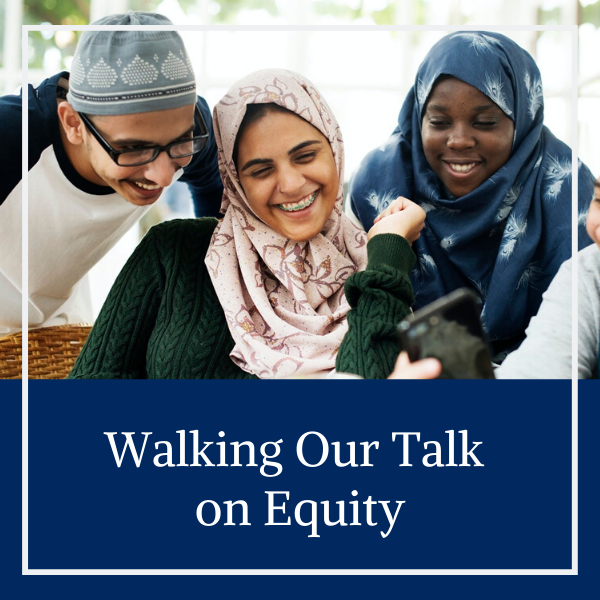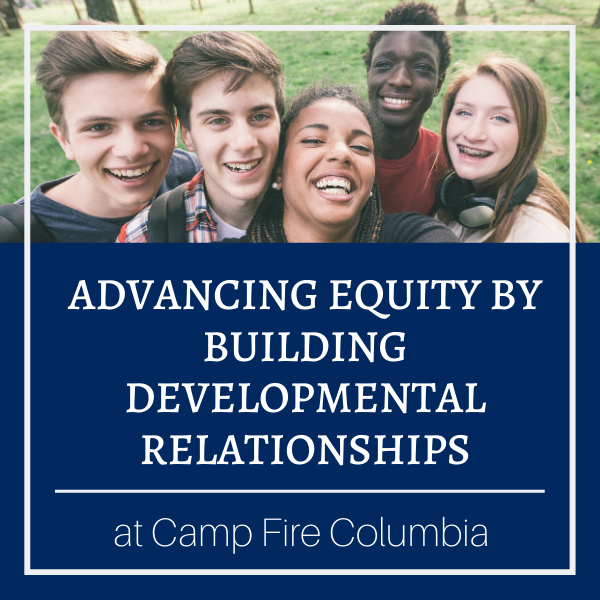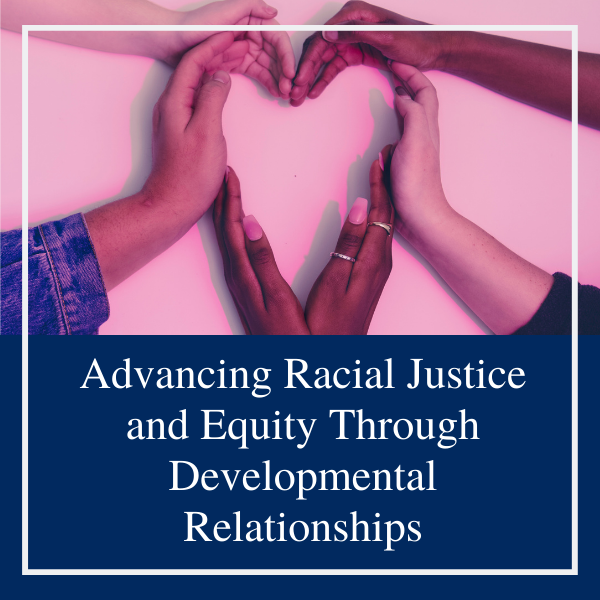By Kent Pekel, Ed.D., President and CEO, Search Institute
Since George Floyd’s murder in May, 2020, a wide array of organizations – from Fortune 500 corporations to large and small non-profits – have issued statements that expressed outrage at his senseless death and solidarity with people who have protested that injustice. Many of those statements committed the authoring organizations to be active agents in the sweeping social change our nation needs right now. Search Institute also issued such a statement, which was informed by the fact that George Floyd died in Minneapolis, where our organization has made its home for more than six decades.
More than a month after George Floyd’s murder, the time has come to begin asking what comes after those statements of outrage and solidarity. How will those of us who issued them act upon the commitments that we made? The purpose of this post is to share some of Search Institute’s emerging answers to that question.
We will start by accelerating the commitment to social justice that our board and our staff made in 2019. Through the development of our new strategic plan, we redefined our mission as both advancing positive youth development and equity, which we worked with community partners to define as “systems of justice, power, access, and opportunity that meet the needs of all.” Our strategic plan puts diversity and equity at the top of the values we are committed to live by as individuals and as a team. To advance those values, we will build new research and practice partnerships with organizations that primarily serve young people of color and/or young people who live in poverty. Just five years ago, a relatively small share of our projects were conducted in partnership with organizations that serve marginalized communities. Today the significant majority of our projects are, and we can and will increase that percentage in the years ahead.
But conducting studies and projects that focus on meeting the needs of young people growing up in historically marginalized communities won’t truly advance equity if those studies are conducted in the ways that Search Institute and other organizations have traditionally gone about our work. That is why with funding from the Bill and Melinda Gates Foundation, we are rethinking our entire approach to research to integrate equity into every step of the process. As our colleagues at Child Trends concluded in a recent working paper, that requires examining our own backgrounds and biases, engaging people from historically marginalized communities in the design, implementation, and interpretation of our studies, and refusing to assume that norms that are comfortable for White and advantaged people should be the standard for all. To enable us to fully embrace and implement our emerging approach to equity-infused research, the Gates Foundation has also provided us with funding to build partnerships that increase the racial and ethnic diversity of our research team.
But while the efforts we have underway are important, they are nowhere near sufficient. Informed and animated by the events since George Floyd’s death, we will add two new elements to our ongoing effort to study and strengthen developmental relationships in young people’s lives:
- We will conduct research that produces powerful but practical tools for building developmental relationships across lines of race and culture. We will make those resources available to schools, out-of-school time programs, and other youth-serving organizations so that they can create connections among young people that will form the foundation upon which an anti-racist future can be built.
- We will identify ways to create and sustain organizations and systems that equitably equip all young people with the developmental relationships they need to thrive. Our early work on relationship-rich organizations suggests that there are specific things those organizations do to create equitable environments in which developmental relationships help young people from marginalized communities not only beat the odds, but change the odds. We have much to learn from those exemplars and to share with the broader fields of education and youth development.
Search Institute has a long way to go on the journey to advance equity that lies ahead of us, and we have already learned a lot from the challenges that people posed to some of the assumptions and ideas we shared in the aftermath of George Floyd’s murder. I invite everyone reading this blog to continue to help us learn and to hold us accountable for achieving our mission and acting on our values. I hope and believe that with your guidance and support, years from now we will look back on the statements we made in the spring and summer of 2020 as the start of a sustained effort that actually made a difference.





